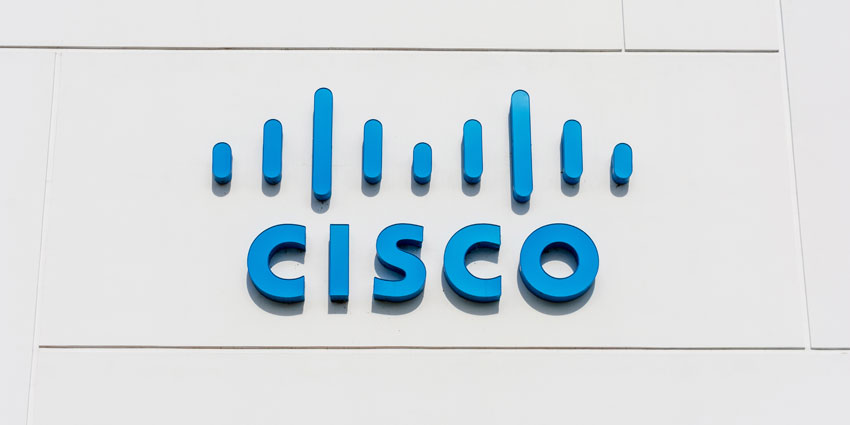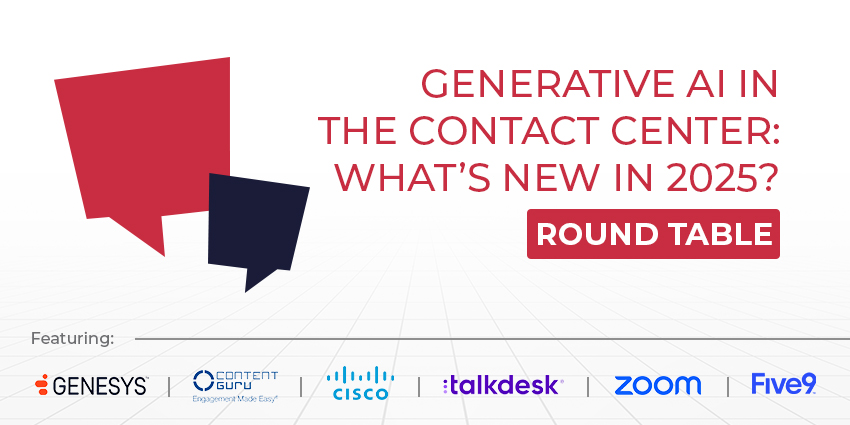Speaking to UC Today during the current UK lockdown, Jeremy Payne, VP of Alliances at Enghouse, says that for organisations to successfully adapt to the ‘new normal’ they will have to balance their skills.
“Creating presence at physical events has disappeared and organisations now need people with different skills, such as those that can optimise algorithms”
“Work will change and one outcome I foresee is that the new normal will accelerate the gig economy. Companies may not now have the budget to employ someone five days a week but they could engage a skilled person for just one or two days a week.
The new normal will unfold quickly. For example, if you’re looking at a new building you will most likely press the pause button and maybe take it at half the size as the work from home cohort dig their heels in and only go to the office for very specific reasons. This will accelerate that gig economy process towards.

Not one CEO will be asking ‘are all processes virtualised?’, the only debate over the cloud will likely centre around data security and costs.
Look, we had three days of snow this year which brought the country to a halt but there’s no end in sight for the COVID-19 pandemic – it just goes on and on right now. We spun up a virtual contact centre for a major company over a weekend recently so they could restore service but it was not ideal that the company found itself in that position in the first place.
As you might expect, today we are handling lots of questions over resilience on how all these solutions works together.
There used to be a time when the industry had poor interop with documents for Mac and PC platforms and that problem was solved and now we have Google and Amazon talking today about cloud collaboration and interop at a far higher level.
The large tech firms are realising they are the glue that makes all this work; there’s not just one cloud vendor and they need that interoperability.
These kind of changes are happening at breakneck speed as COVID-19 breaks down all these walls and concerns regarding security have melted away – at least in the immediacy. If you look at how doctors are responding in GP surgeries you’ll see they are implementing patient self-service as a way forward. Previous inertia here has also melted away.
People ask if this is a challenge for the virtual contact centre but it’s not a new thing; there will be more flexible working, lower staff turnover and reduced training. All the management tools are there – analytics, for example, and safeguards built in for escalations.
What’s missing is below the waterline – how does the agent feel? The emotional aspect of home working and the absence of social interaction, but the smart companies realise this.”







